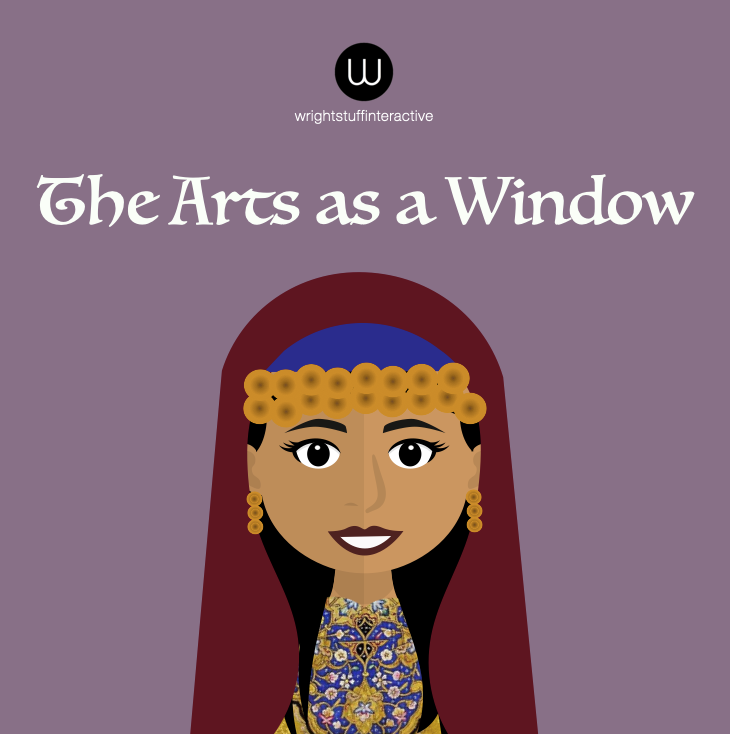
The other day I was on the phone with my parents and they made a confession to me of sorts. They were talking about their holiday last year into central and northern Australia. They said that before they went they hadn’t given much thought to Aboriginal culture: considered it a little boring and a bit basic. During their holiday they went on a few different tours that changed their minds dramatically, one specifically that looked at the meaning behind traditional dance and art. “It was fascinating,” they said, “and our whole thinking has shifted from ignorance to respect.”
I was so proud of them. It was such a moment of beautiful reflection, self-awareness, and personal growth – an amazing example of open-mindedness and developing international-mindedness.
International-mindedness is a view of the world in which people see themselves connected to the global community and assume a sense of responsibility to its members. It is an awareness of the inter-relatedness of all nations and peoples, and a recognition of the complexity of these relationships. Internationally-minded people appreciate and value the diversity of cultures in the world and make an effort to learn more about them.
10 ways to promote international-mindedness byDr Chris Müller
The arts can be a window into the time, place, and culture of the subject and the artist. Disposed to open-mindedness, by analysing and appreciating and hence respecting the art of people from different times, locations, and cultures, we can develop a strong foundation for international-mindedness.
This is our thinking behind our new unit of inquiry… More to come soon…



